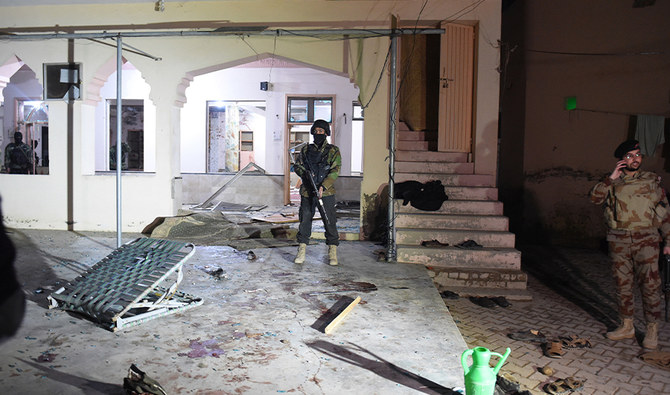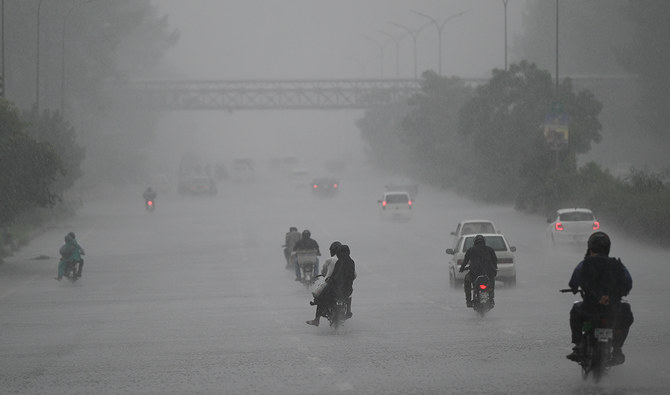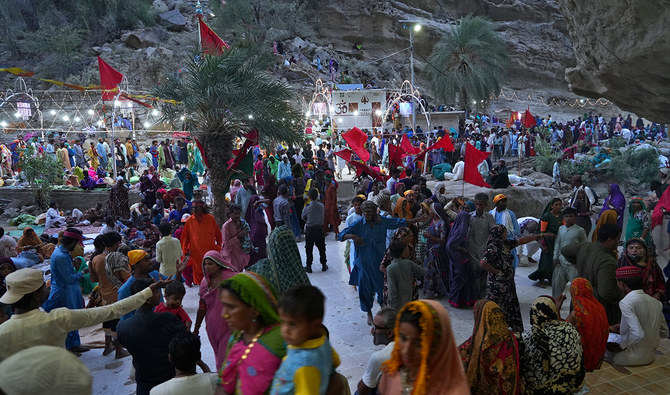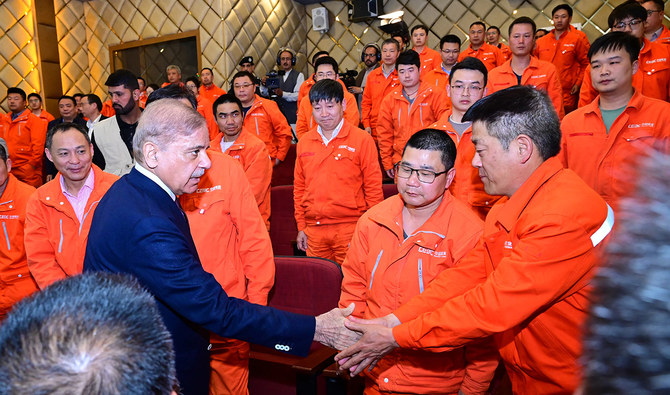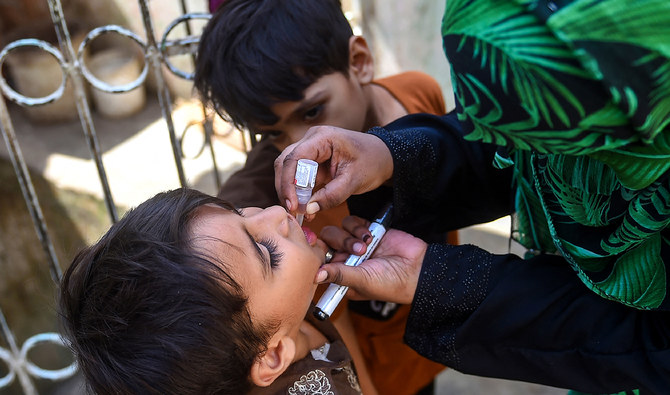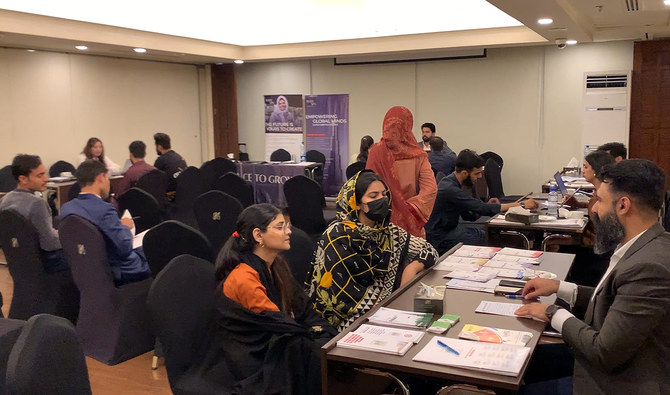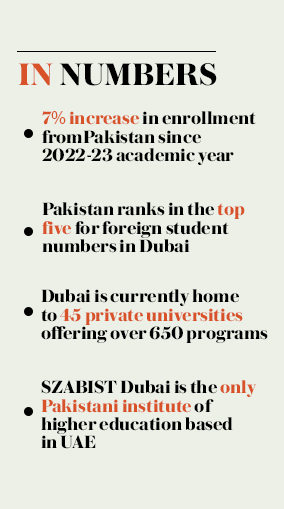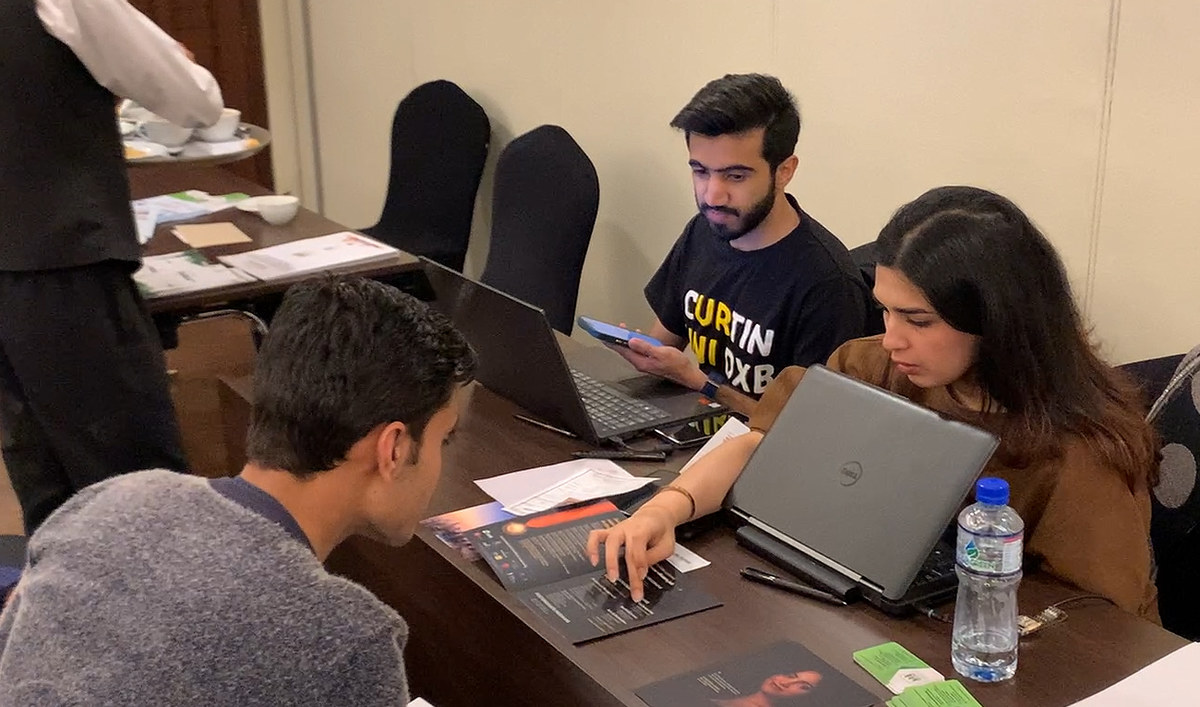LARKANA/ISLAMABAD: At least 14 people, including a deputy superintendent of police, were killed and 19 others were injured in an explosion at a mosque in Quetta, Friday evening, the officials said.
“The blast occurred during Maghrib prayers at a mosque in Ghousabad neighborhood,” Quetta police chief Abdullah Afridi told Arab News, adding that Deputy Superintendent of Police (DSP) Amanullah was among the victims.
He said it was too early to say if the police officer was the target of the attack as “the nature of the blast is yet to be ascertained.”
Deash claimed responsibility of the attack in a statement issued Friday night saying it had targeted the Afghan Taliban. The suicide bomber, according to the statement, was a man named Abu Jarrah al-Balouchi.
Meanwhile, two Afghan Taliban confirmed to Arab News that the mosque and the attached religious school belonged to the Taliban chief justice, Sheikh Abdul Hakeem, who is considered an influential leader in the Taliban hierarchy.
The Taliban said that Hakeem’s brother was killed in the blast while his son was in critical condition.
"The brother of Sheikh sahib and four or five other people have embraced martyrdom. Maulvi Abdul Ali, son of Sheikh sahib is critically injured," a Taliban leader said in an audio message sent in Pashto language to other Taliban figures – a copy of which has been received by Arab News.
However, Taliban spokesman Qari Muhammad Yousaf said, "None of the Taliban leaders was present in the mosque. No meeting was taking place there. Any reports suggesting so are untrue."
The authorities in Quetta said that the injured “have been brought to the (Quetta) civil hospital,” Dr. Waseem Baig, spokesman of the government-run health facility, told Arab News. He confirmed that 14 people died in the explosion and another 19 were injured.
The Pakistan army’s military wing said that FC Balochistan troops reached Quetta blast site, the area has been cordoned off and a joint search operation with the police was in progress.
Friday attack in Quetta was widely condemned by the government.
FC Bln troops reached Qta blast site. Area cordoned off. Joint search operation with police in progress.Injured being evacuated to hosp.
“Every possible assistance be given to police & civil administration. Those who targeted innocents in a mosque can never be true Muslim”, COAS.— DG ISPR (@OfficialDGISPR) January 10, 2020
Prime Minister Imran Khan has strongly condemned the attack and expressed grief over loss of precious lives, a statement released by the Prime Minister’s Office on Friday reads. Khan instructed best medical facilities to be provided to the injured.
Foreign Minister Shah Mahmood Qureshi also condemned the terrorist attack terming it a “vile conspiracy to destabilize Pakistan.” Expressing his profound condolences to the families of the victims, the foreign minister said that “Mosques & places of worship are sacred places and their sanctity must be respected by all,” according to a statement issued by the foreign ministry.
Earlier, on Tuesday, two people were killed and 18 others injured in another blast in Quetta, when a vehicle of the Frontier Corps (FC) was targeted with a bomb planted on the McConaghey Road of the city.
According to reports, the security personnel were on routine patrol when an improvised explosive device (IED) was detonated.



